The truth is a state of mind. Boyd Lemon has been interviewed many times before and I could have just asked the same stale old questions about his life. I knew I had to do something different and I had to ask questions that would give you an insight into the man. So, who is Boyd Lemon? Well, there are several Boyd Lemons. The first is the nationally recognised lawyer who lived the excessive lifestyle of the seventies to its fullest. The second is the writer, the man who sits in a coffee shop, tapping away at a new manuscript, deep in thought. The third is a family man who adores his children and grandchildren. The fourth Boyd is one who paints and paints until his heart is content. The fifth is the world traveller who has been to lands far flung around the world. Boyd is as multi-faceted as any human being can be. I tried to ask the questions that would give me the answers to the questions his biography asked me.
As a writer, Boyd has written a biography called “Digging Deep” that tells a revealing tale about the failure of his three marriages. Additionally, he has written travel memoirs and short stories. He is currently working on a fiction book. The interview happened as follows:
Q) Hi, Boyd, I’m pleased to meet you. So why did you become an author? With such an illustrious career as a lawyer behind you, what drove you to become a writer?
A) I never felt fulfilled as a lawyer, despite forty years of practicing law–sad but true–so I knew I had to retire as soon as I was financially able. I really wanted to do something fulfilling, but I didn’t know what that could be. Then, when I was sixty-five, a publisher asked me to write a law book on the subject of malpractice by attorneys. I wrote that book, and it was published in 2006. I enjoyed the writing and publication process, but I knew I wanted to write something outside of legal topics. A writer friend of mine suggested I try writing short fiction. I told her that I didn’t think I had any creative ability, and she said, “Baloney, everyone has creative ability; it is just a matter of developing it.” So I took a stab at it and wrote a short story, and then another one and another one, and so on. Eventually, I was hooked on writing. I knew what I had to do in retirement.
Q) So you write to fulfil yourself and to live your dream. Do sales matter to you? Do you worry about the next royalty check?
A) I invested my savings and cut back on my lifestyle so that I had enough income, along with Social Security, to live the modest way that I wanted. I learned that I didn’t need a big house, a fancy car, etc. So I am in the envious position of not needing to earn a living from writing. I love that I can write whatever I want without regard to whether it will bring in a paycheck. The only reason I care at all about sales is that I do want people to read what I write and hopefully benefit from it in some way, so I have to sell books.

Q) Of all your books, the one that stood out to me loudest was “Digging Deep.” I thought it took great courage to analyse yourself in that way. What was the writing experience like? You must have learnt so much about yourself.
A) Digging Deep: A Writer Uncovers His Marriages is still the book that has meant the most to me. To try to understand my role in the destruction of my three marriages was excruciatingly painful emotionally. I learned a lot of things about myself that I did not particularly like. However, in the end it was tremendously healing. I had no idea how damaging it was to hold all that in under the surface. The process of writing the book brought me a peace that I had not known, and, I believe, has helped people understand themselves and their spouses or ex-spouses or partners better. I am not the only one that had the faults and human frailties that I uncovered about myself.
Q) How have readers taken to that book?
A) I have had a lot of varied reactions. Many people have told me that it helped them understand things about their own relationships that they were not aware of. Some people chastised me for disclosing private information about my ex-wives, especially acquaintances who knew one or more of my ex-wives. I received a lot of compliments for having the courage to open up and expose myself and my human weaknesses and issues. Virtually all people praised the quality and depth of my writing, except for one guy who, when I had a special promotion of the e-book for a limited time for 99 cents, wrote on Barnes and Noble that it wasn’t worth 99 cents. Oh well. Fortunately, he was in the small minority.
Q) You can’t please everyone in this world. So changing the tempo, tell me about your book “Eat, Walk, Write: An American Senior’s Year of Adventure in Paris and Tuscany.” You sound like a guy who loves culture and travel.
A) Travel is my second passion, something I have known for many years, but was not able to pursue (except for business trips) until I retired. By 2010 I had been to Paris twice for short periods, and I loved the art, history and architecture there, as well as the café culture. People actually talk to each other in Paris–endlessly, it seems. So I decided to move to Paris, originally, I thought for two years. I ended up staying a year, and I lived in a working class neighborhood away from the tourist areas, although I visited the tourists areas. There were challenges, to say the least– the primary one being the language. I did not speak a word of French when I got there, and I found it a very difficult language for a seventy year-old to learn. Dealing with the French bureaucracy as a resident alien was also difficult, was finding an apartment, opening a bank account, etc. But all of that was superseded by the magic and glory that is Paris. it was the experience of a lifetime. I kept a journal daily, and when I got home to California, I decided to turn it into a book. I miss Paris.
Q) If you could live anywhere in the world, would you choose Paris?
A) That is a tough question. My answer is, no, but I can’t think of any single place that I would want to live indefinitely. That is probably why in the past six years I have lived in California, Boston, Paris and now rural southeast Georgia.
Q) Tell me about Boyd Lemon the man. What do you like to do in your spare time? Hobbies, interests, etc.
A) Well, we have covered some of it. I love to travel, and not just to far away places. I enjoy St. Augustine, Florida, which is about an hour and a half drive from my home. Next month I’ll spend a few days in Savannah, Georgia, about the same distance in the other direction. I love to explore new places, learn about the history of different areas of the this country and the world. For example, I learned that St. Augustine is the oldest city in the U.S., settled in 1540. I love good food and wine, and I emphasize that it doesn’t have to be expensive food. There are some places around here that serve amazing catfish and hush puppies. I am a fanatic baseball fan and always have been, a long suffering Dodger fan. Last summer my best friend and I took an eleven stadium baseball tour across the country starting in Anaheim, California and ending in Atlanta, Georgia. We saw eleven major league baseball games in sixteen days. I also love and am close to my four children and four grandchildren.
Q) Would be right to describe you as a family man, then?
A) I think so, despite the fact that I didn’t make a success of my marriages. I have always been close to my children, especially as they became teenagers and adults and had the freedom to make their own choices.
Q) So how do you write? What is the writing process for you? Do you write in silence? With music? Long periods of writing? How does Boyd Lemon write?
A) I write some almost every day, although it can vary from a half hour to six hours–generally around three, I would say. I find that I write best and most enjoyably if I vary the places where I write. Sometimes I write at my desk at home, but I also write in cafés, parks when the weather allows, libraries occasionally, planes and trains. I do not need silence, as long as something interesting to me is not going on, like a baseball game on TV. I do not play music while I write, because I like to be listening to music when it is playing, and I can’t write and listen at the same time. But I can write in a crowded, noisy café and just tune out the noise. The main thing is that I need to vary the place. I can’t just stay holed up at home for a long time, day after day. I have been known to get on a train, ride it for a few hours, stop and turn around and ride it back home.
Q) You strike me as a jazz fan, Boyd. Am I right?
A) Ha! Yes, jazz, folk and classical, even a little blue grass when I’m in the mood.
Q) I knew it! I grew up with bluegrass– Bill Monroe should be known better.
A) Oh, yes, absolutely. Around “these parts,” as they say here in Georgia, he is.
Q) The closest the English really get to country music is some of the Elvis stuff and Slim Whitman.
A) Yes, I am not very familiar with English music, except, of course, the pop from the ’60s and ’70’s and the later punk, etc. One of my favorite country singers is an unknown that I just happened to meet. She is from Denmark– Jessica Lynne.
Q) I will check her out! Anyway, I digress– you write fiction, too, am I right? Tell me about your fiction work.
A) So far the only fiction I have written is short, and I have published a book of ten of my short stories, and a small book of five. Several have been published in small literary magazines. My short stories tend to be about relationships, family and otherwise, and the conflicts that occur, as well as the challenges that life brings to us all. After a few short stories, I really wanted to write a novel, but felt that I wasn’t ready yet, so that is when I wrote Digging Deep. But now I am ready, and I just started on a novel two weeks ago. I’m having a lot of fun with it so far. I love writing the first draft; it is so thrilling to just let it flow, let my imagination run wild. The comes the editing process, which as it moves along gets more and more tedious. I hate proofreading, but it has to be done.
Q) You do the whole process yourself? Most writers use proofreaders and editors. I’m surprised you go through the pain.
A) I use editors and proofreaders, too. I think it is a necessity to have a polished product, but I want it to be the absolute best I can make it before I submit it to somebody else, because I think that gives the work the best chance of being something worthwhile. Why should I submit something less than my best to somebody else?
Q) I agree, that’s a very responsible attitude. I must admit, Boyd, you have won a new fan here. So tell me, who are your favourite authors?
A) Oh, that is really a difficult one. There are so many. I will name a few, but understand I am leaving out many. Hemingway, McMurtry, Marilynne Robinson, Wally Lamb, Tolstoy, John Irving, Stephen King, James Baldwin, Austin, Vivian Gornick, to name a few. And I’m showing my provincialism. Most are Americans. I should have included the Brit, Franzen. He is wonderful.
Q) If you had to pick one of your books for a reader who didn’t know your work, which would it be?
A) Digging Deep: A Writer Uncovers His Marriages, unless a reader just has no interest in the subject matter of marriage and divorce. Then, Eat, Walk, Write. Of course, the Retirement book is directed toward a specific audience, people who are near or in retirement.
Q) Any last words you’d like to say before we wrap up?
A) Well, first thank you for an interesting interview. I really enjoyed it, and you asked more than just the standard questions. And I want to say to readers that my greatest reward as a writer is that the reader is learning something helpful to him or her from my books. That is what I have in mind when I am going through the writing process. Finally, for other writers: I know it is a struggle, and it is highly unlikely that you will become rich and famous, but keep at it; just grab that pen and notebook or computer, and sit down and write every chance that you get. It is a noble undertaking, in my opinion. We, as human beings, are the only species who can write.
So what do I think of Mr Boyd Lemon? Well I think he is a genuine and decent man who has uncovered much truth about himself and exposed it to the world. He loves his new careers and his family and as Mr James Fant said to me the other day, “Love’s alright. Isn’t it?” Yes, I would say it is.
Links to Boyd Lemon:
Check out Boyds Amazon Author Page for more information regarding his work.
For excerpts, reviews, interviews and information about all of Boyds books see the official website here.
Boyd Lemon on Facebook
Boyd Lemon Facebook Fan Page
Follow Boyd onTwitter
Email Boyd directly at: Boyd (@) BoydLemon-Writer.com

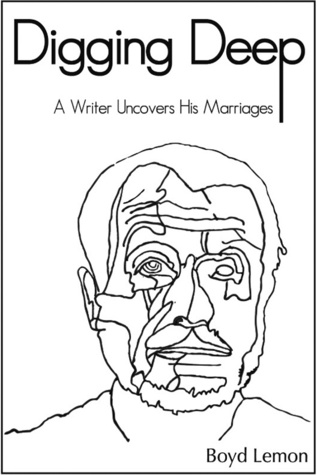
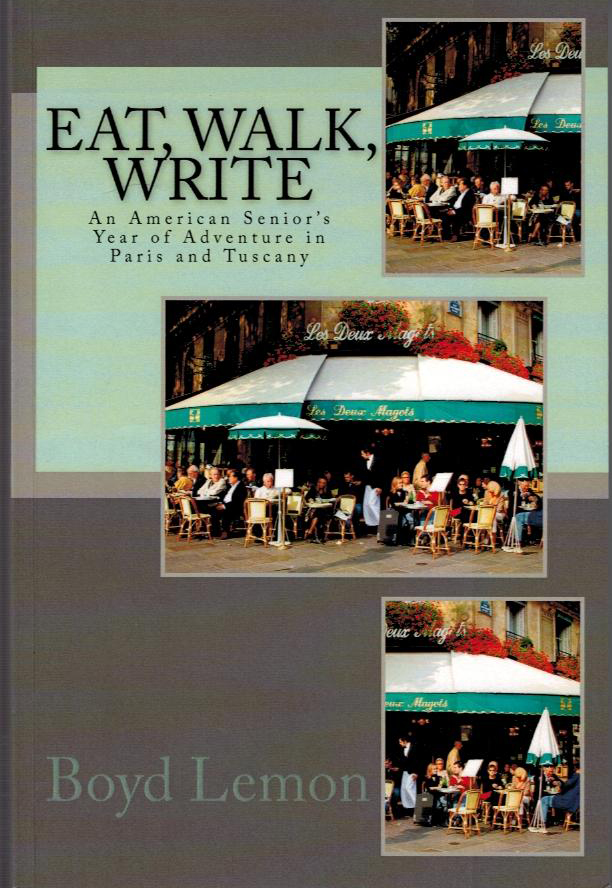
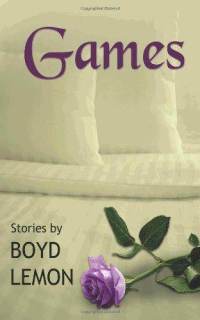
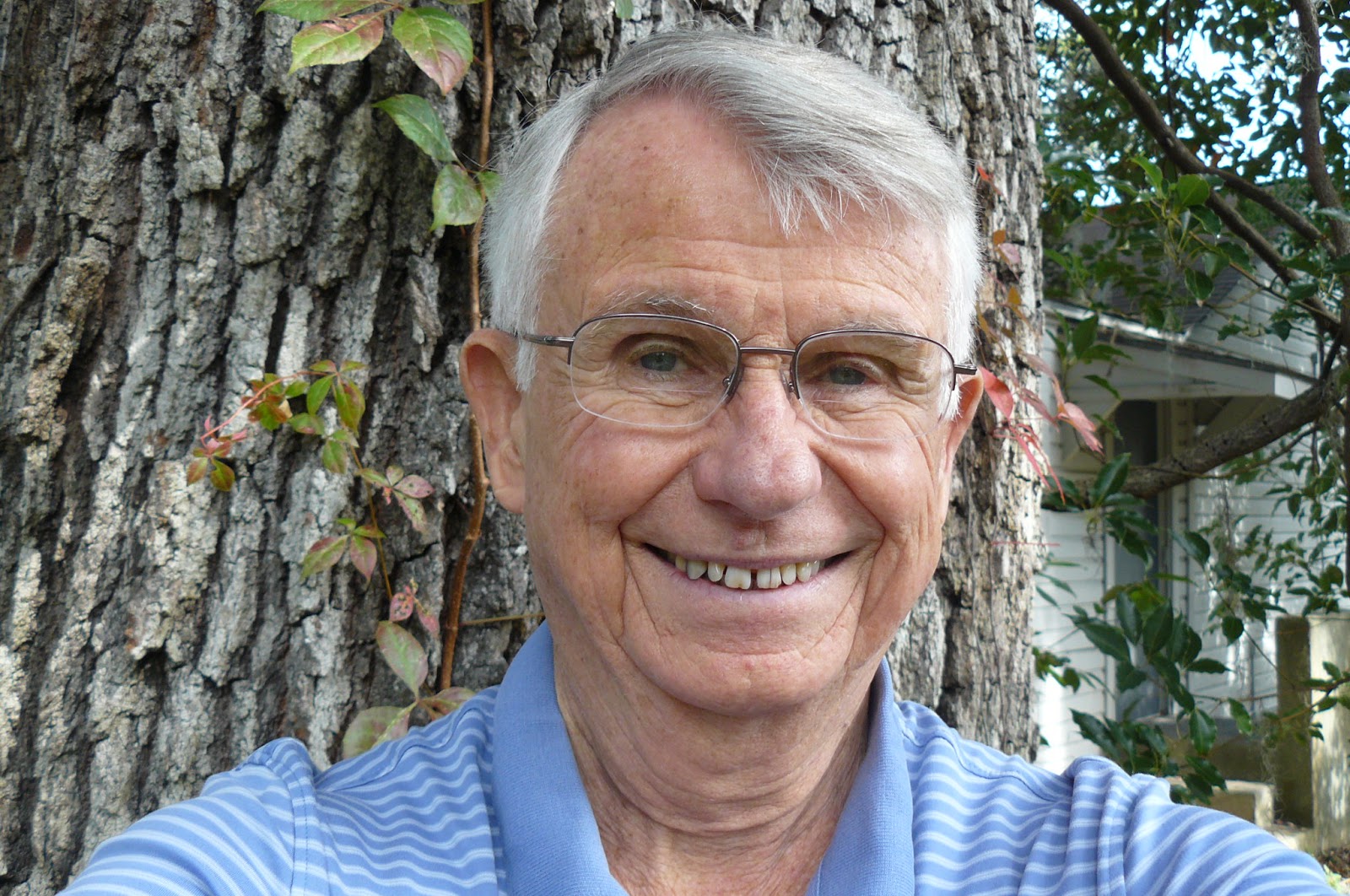
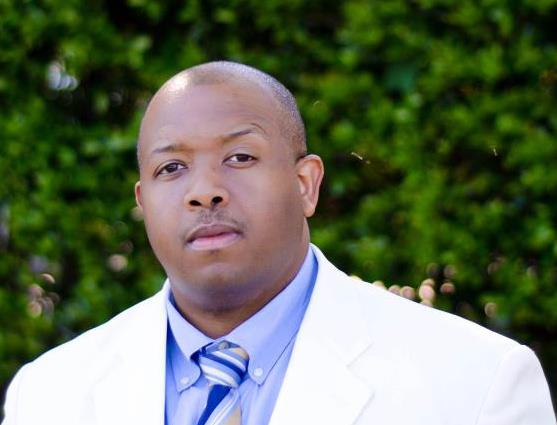
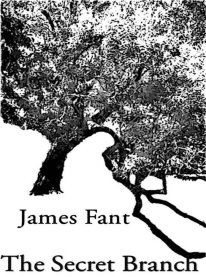
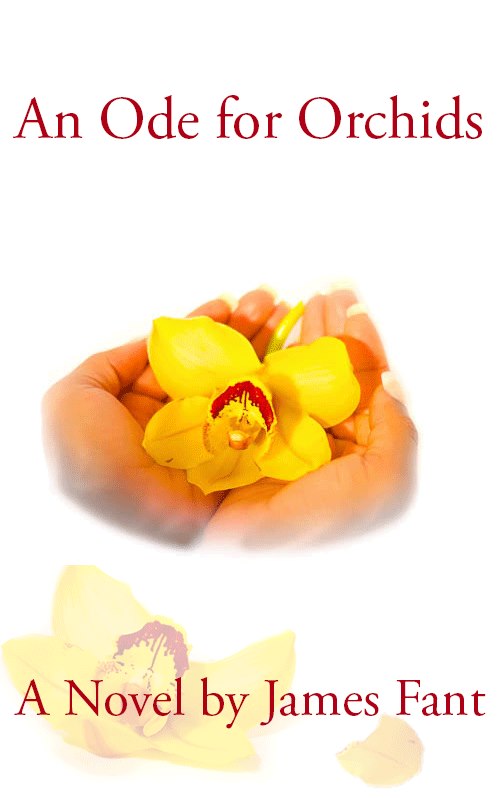
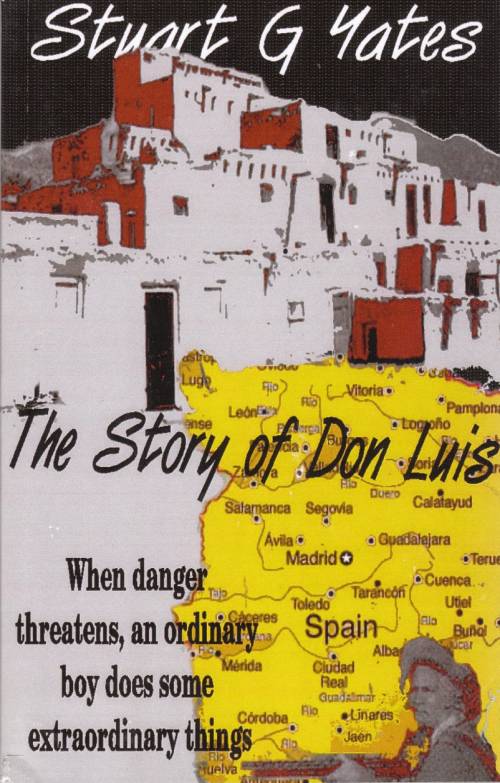
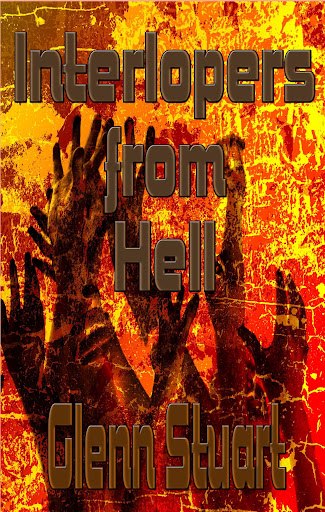
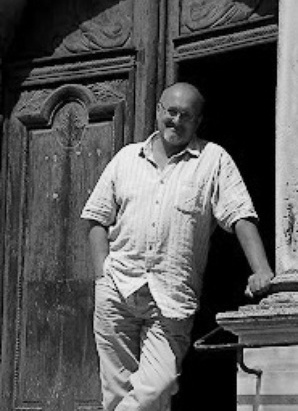
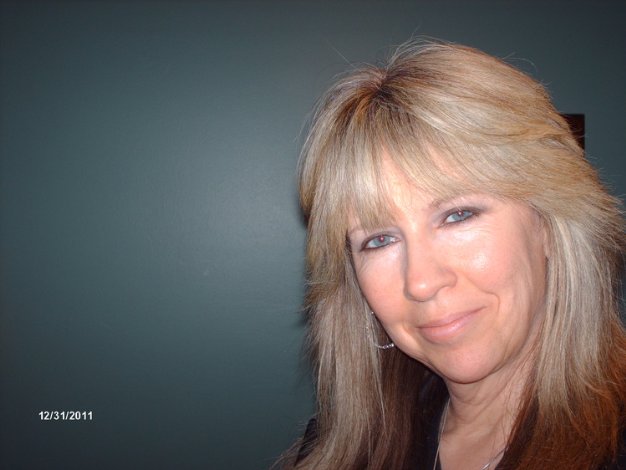
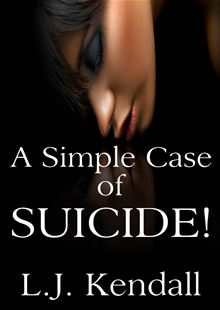
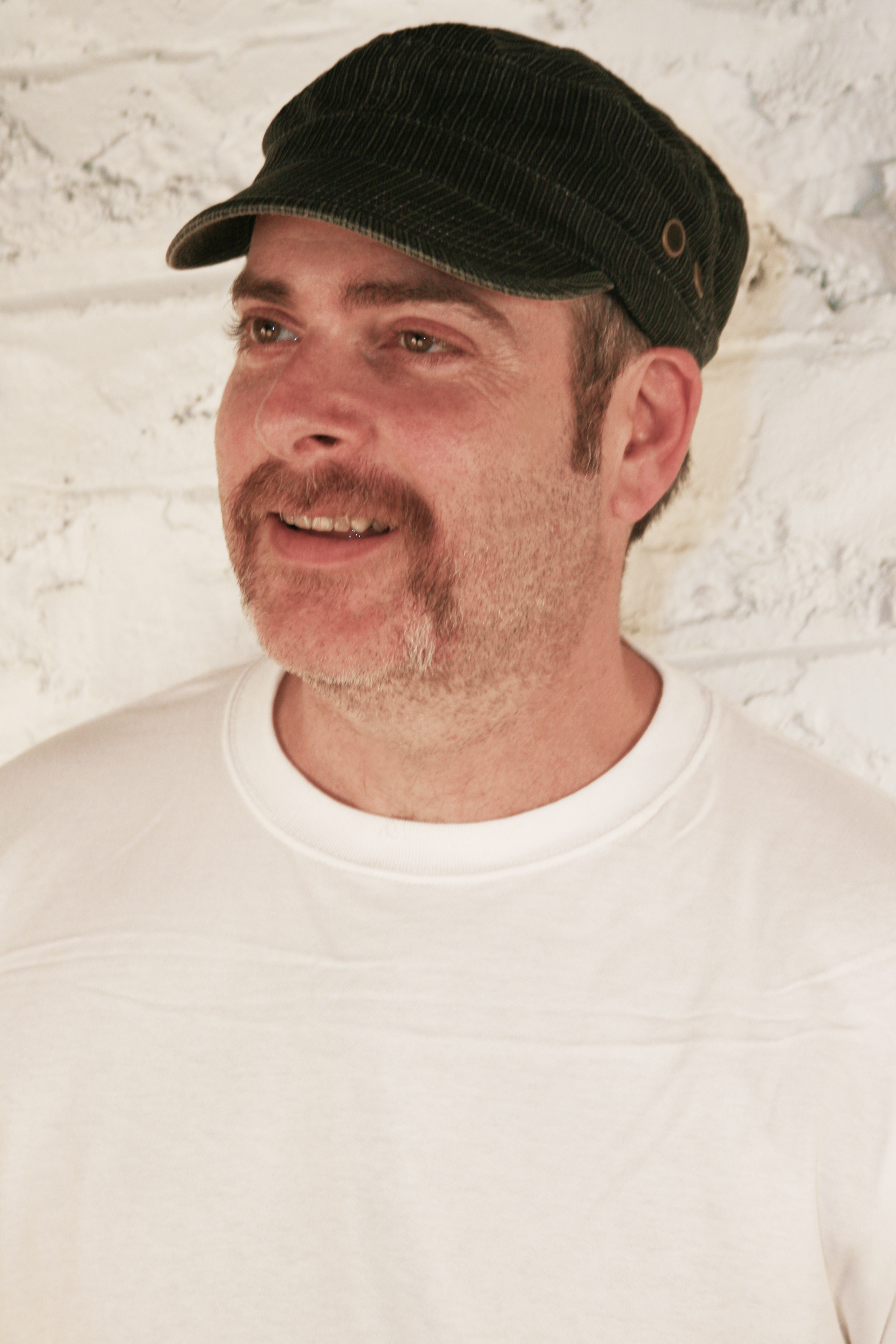
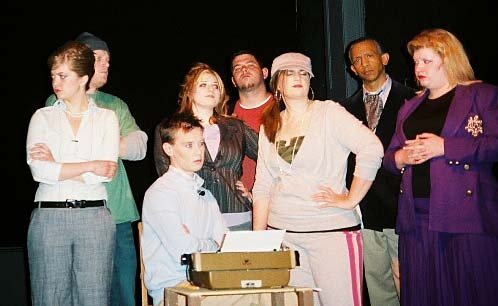
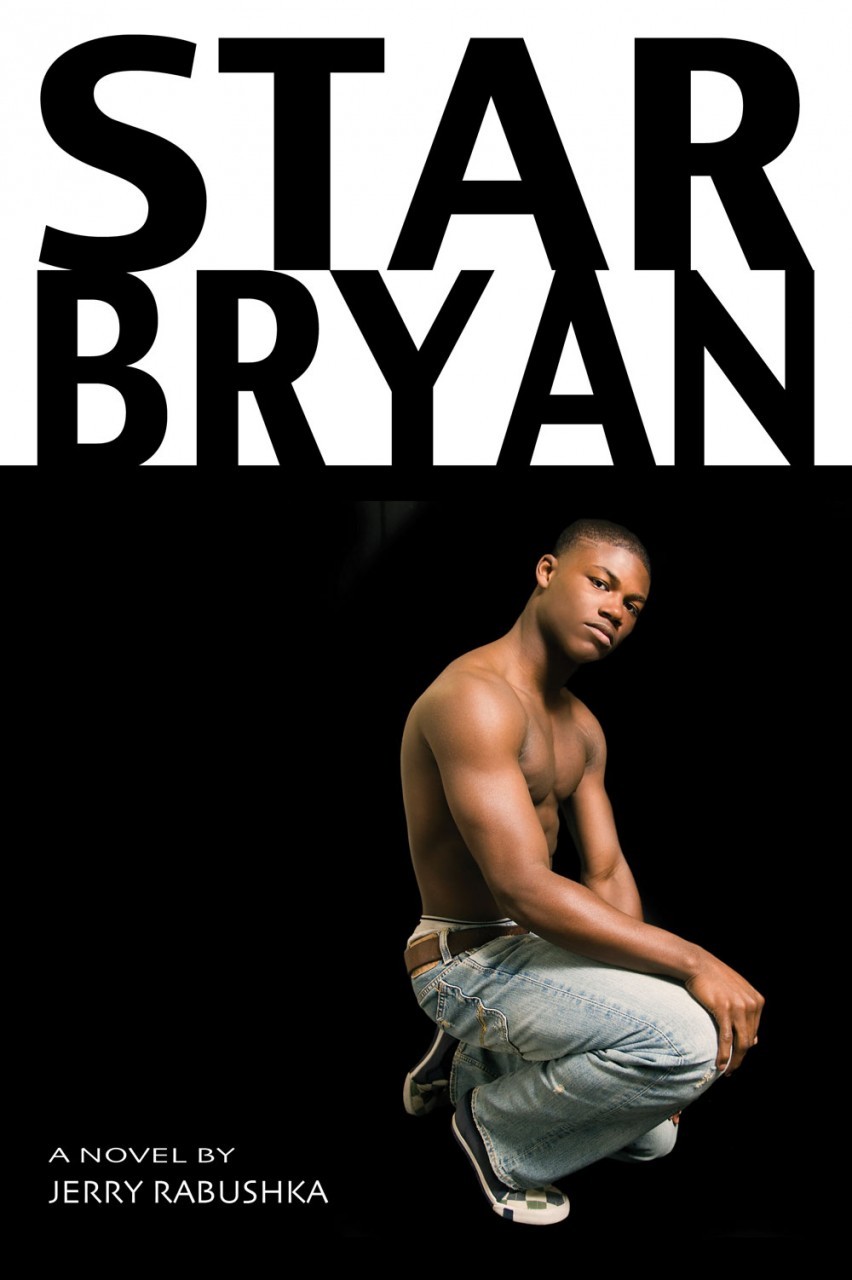
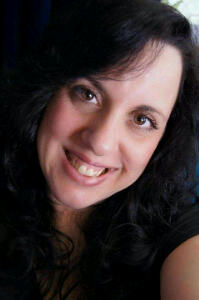


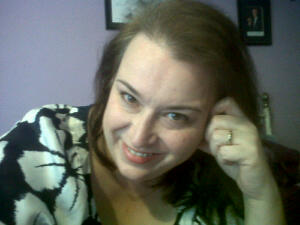
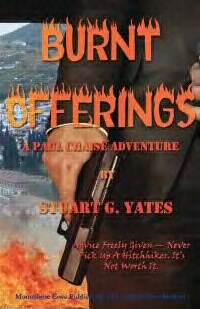
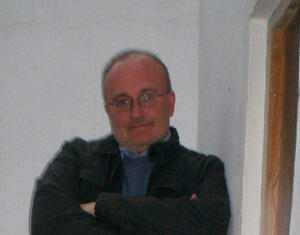
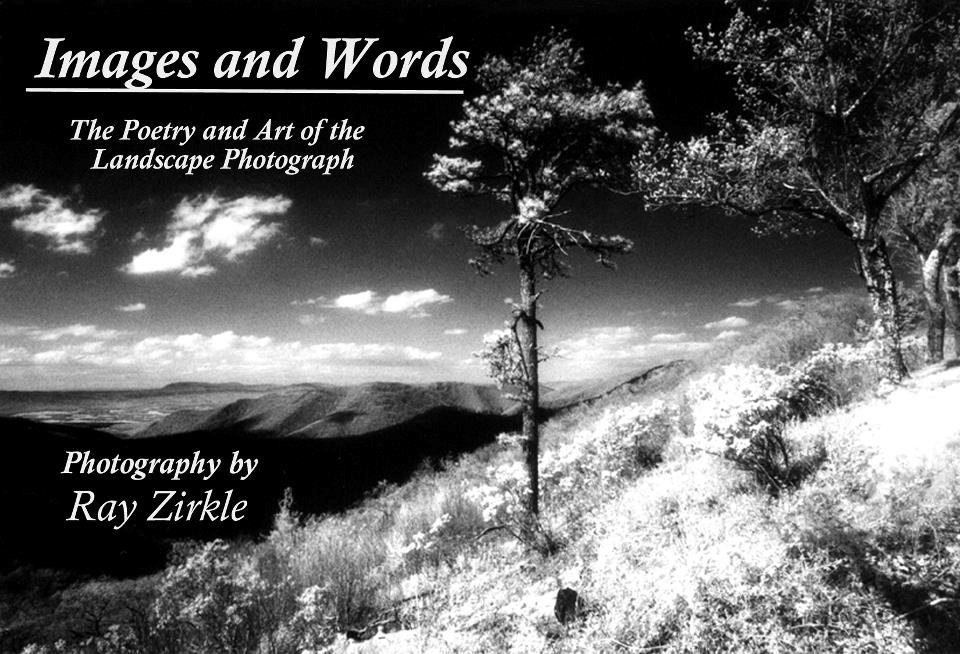


Recent Comments